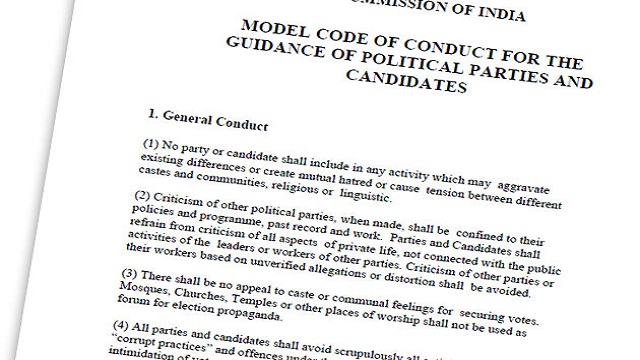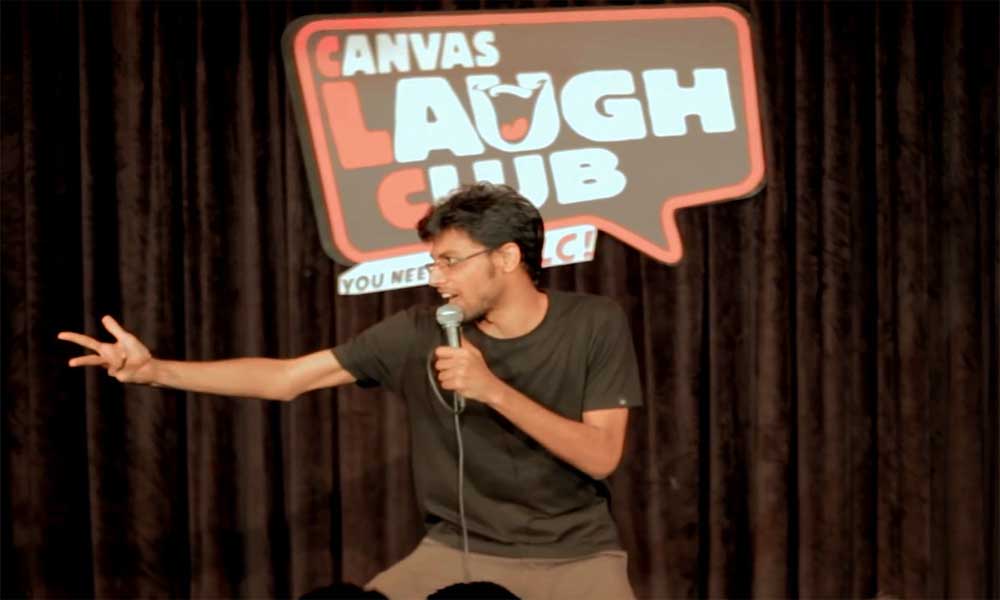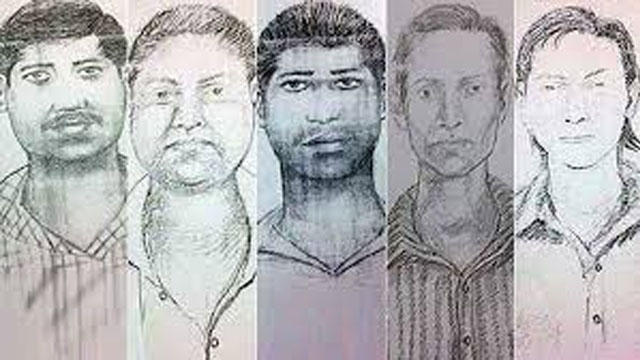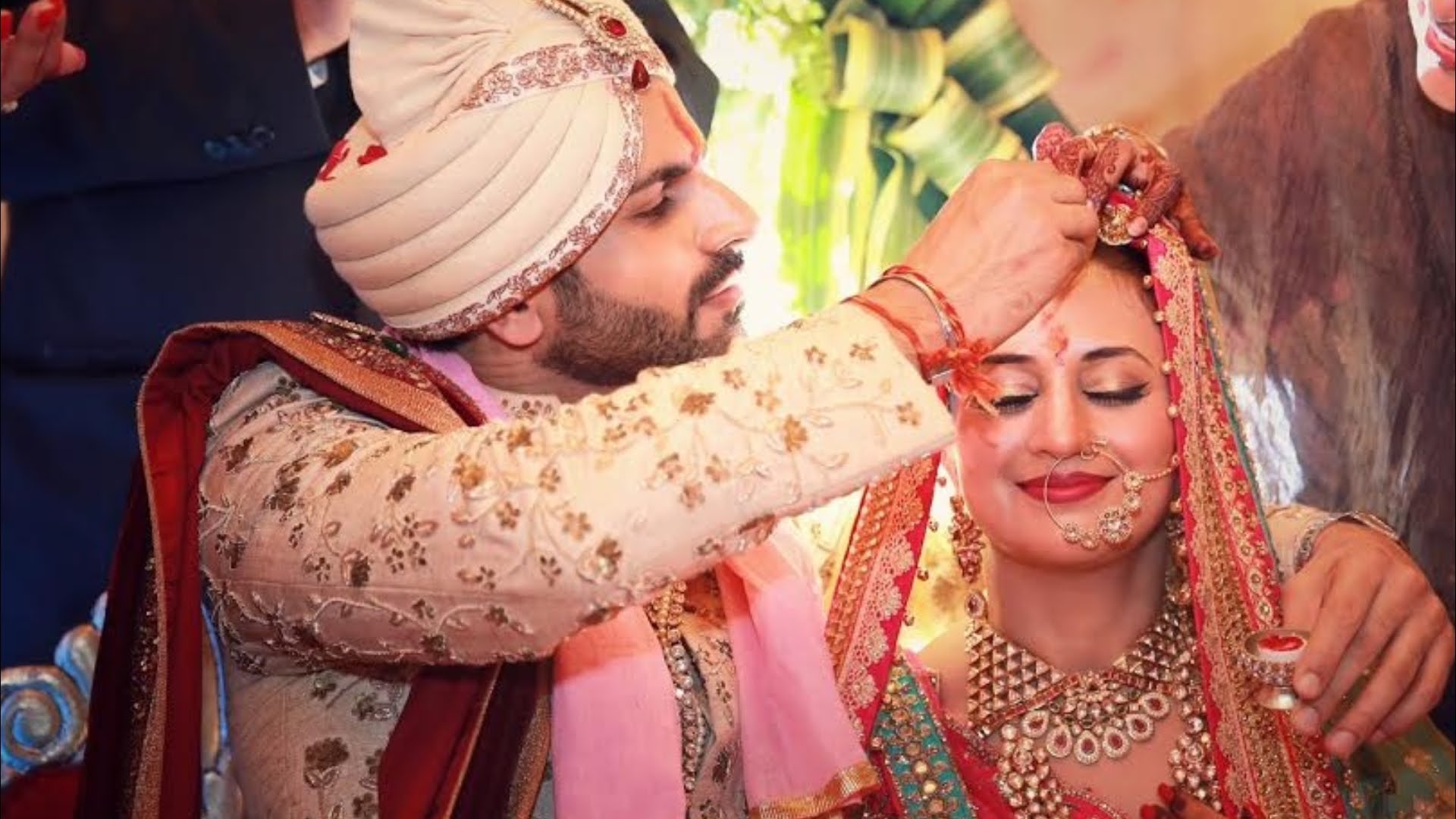The Election Commission has decided to consider the comments that it has received on social media. It is likely that EC will come up with a circular on the same very soon.
The power of social media is very well known in the political sphere. Be it BJP’s prime ministerial candidate Narendra Modi or Arvind Kejriwal led Aam Aadmi Party -everybody is using it to their advantage.
Things said and done on social media not only have a wider reach but also generate a great impact also.
Keeping this in mind, the Election Commission (EC) has decided to consider the comments that it has received on social media. It is likely that EC will come up with a circular on the same very soon.
On 10 October, a representation was made by political activist Govindacharya and former economic advisor to PM in NDA government Jagdish Shettigar to the EC pertaining to the non-compliance of the election code of conduct by candidates and political parties who are using social media such as Facebook, Google and Twitter to campaign for upcoming assembly elections. Cyber law expert and advocate Virag Gupta had drafted the representation.
Their representation to the EC makes the case that not applying the model code of conduct and Representation of the People Act to the use of social media by political parties and candidates, has “created a parallel world of unlawful communication with heavy investment/expenses which escapes from the domain of the Election Commission of India’s authority” and that it amounts to discrimination of “marginalised candidates.”
Pallavi Polanki in her article reports that Gupta identifies four main expenses incurred by candidates and political parties running an online campaign. One, operating expenses (of, for example, hiring someone to operate a twitter account), Two, advertising on social media, Three, buying ‘likes’ and ‘followers’ on twitter (a growing, if controversial fad among candidates) Four, third- party expenses (being spent on behalf or indirectly on the candidate).
The trio has suggested EC to appoint IT advisors in order to track such activities and also make political parties disclose such expenses. Also, advertising on social media should go through EC’s approval.
However, the third party misuse of the social media will be a difficult task to check. Gupta gives the solution by saying that “If a third party is creating nuisance or violating a model code of conduct by posting personal attacks or unverified allegations against a candidate, in the event of a complaint, the social media site should immediately remove the content. If they don’t they are liable for prosecution.”
Moreover, the easy process of creating fake accounts will make it difficult to trace down the culprits.
How the EC will tackle the challenge and tighten the noose will be a sure thing to watch.





